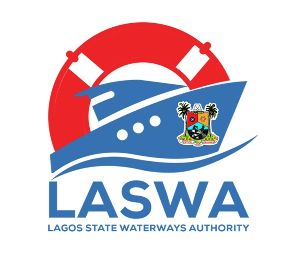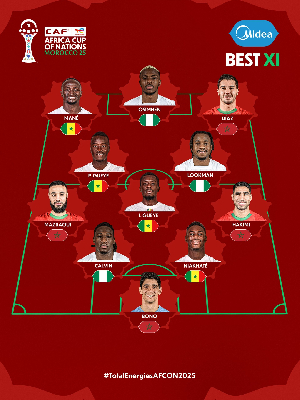The Lagos State Government, with backing from the French Development Agency, the European Union, and the European Investment Bank, launched the Omi Eko Project, a €360 m initiative aimed at modernising the city’s ferry transport system.
Implemented by the Lagos State Waterways Authority, the project will introduce 15 structured ferry routes spanning 140 kilometres and linking 25 upgraded terminals across the city. As part of the initiative, 75 electric vessels, each capable of carrying up to 440 passengers, will be procured to reduce greenhouse gas emissions and improve air and water quality.
Speaking at the launch on Friday, Lagos Governor Babajide Sanwo-Olu said, “This project is not merely about infrastructure; it is about the transformation of lives, of livelihoods, and of Lagos itself. It speaks to who we are as a people, bold in ambition, relentless in innovation, and united by a shared determination to build a Lagos that works for all.”
France’s Minister for Europe and Foreign Affairs, Jean-Noël Barrot, said the initiative positioned Lagos at the heart of Africa’s largest city, putting innovative and sustainable mobility at the service of people’s needs.
The European Union ambassador to Nigeria, Gautier Mignot, described the project as part of the EU’s Global Gateway strategy, emphasising its potential to expand sustainable connectivity across the ECOWAS region.
EIB Regional Director Rodger Stuart said the investment would reinforce mobility and connectivity for Lagos’ 23 million residents while reducing pollution.
Omi Eko will integrate fully with the existing public transport network, including the Lagos Metropolitan Area Transport Authority BRT and Metro systems, allowing commuters seamless ticketing through the Cowry Card.
The project aims to increase water transport’s share of daily mobility from one to five per cent, potentially saving commuters up to two hours on major routes and alleviating road congestion.
Construction and rehabilitation works are expected to begin immediately, laying the foundation for a safer, more efficient, and environmentally friendly transport system in Lagos.
Business News of Wednesday, 22 October 2025
Source: www.punchng.com













